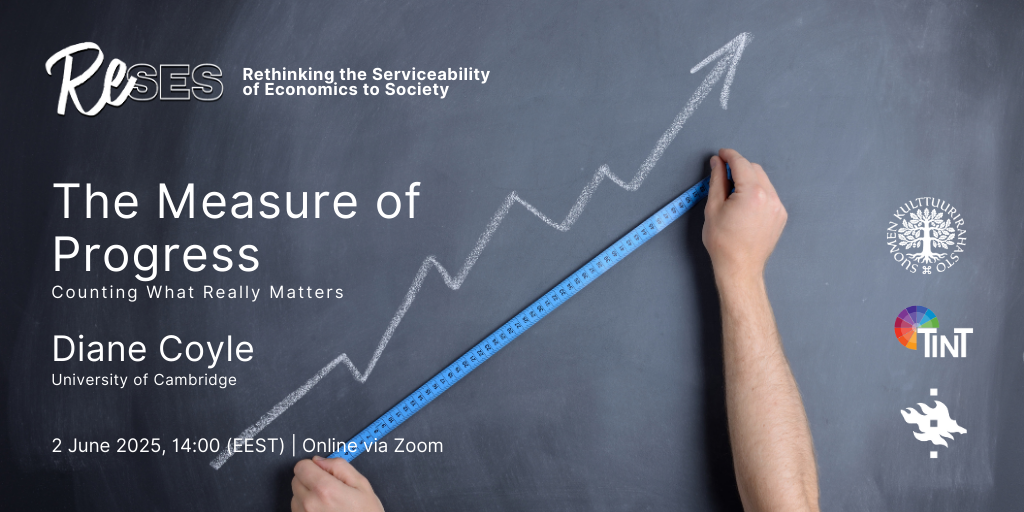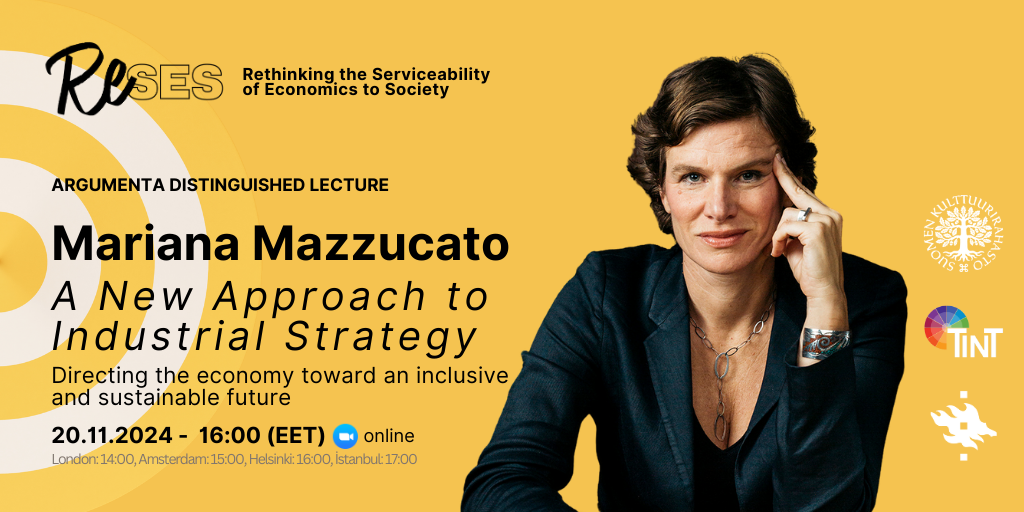In the next Perspectives on Science Seminar, Siska De Baerdemaeker (Stockholm University) will give a talk titled “The pursuitworthiness of Big Science experiments”.
The seminar takes place in Metsätalo (room 10), and online via Zoom from 14:15 to 15:45 on Monday the 15th of December 2025. Please note, that the speaker is present only online through Zoom.
Perspectives on Science is a research seminar which brings together experts from the philosophy of science and several fields of science studies. It is organized by TINT – Centre for Philosophy of Social Science at the University of Helsinki. More information about the seminar can be found on the TINT webpage https://tint.helsinki.fi.
What: “The pursuitworthiness of Big Science experiments” by Siska De Baerdemaeker
When: Monday 15.12.2025 from 2 to 4 pm (EEST, Helsinki time).
Where: Metsätalo (room 10), and Zoom. Speaker is present only through Zoom.
Zoom link: Contact mirja-leena.zgurskaya@helsinki.fi for the Zoom link.
Abstract:
“The pursuitworthiness of Big Science experiments”
Since the second World War, we have entered the era of ‘Big Science’. Research is now often conducted at a scale well beyond of what one individual, or even one research lab can manage. Such large experiments tend to require financial support from one or more government agencies over extended periods of time—often even several decades. Because of this increase in costs, scientists have had to change how they decide what experiments to pursue, since only a small number of large-scale experiments will be funded at any given time, and what experiments are pursued can determine the future of scientific research.
In this talk, I want to give a start at investigating what makes an experiment more worthy to pursue compared to other experiments, especially in the era of Big Science. Tentatively, my theory of pursuit will be developed in three steps. First, I will draw the distinction between the pursuitworthiness of an individual experiment and that of a disciplinary matrix of experiments. I will argue that the primary determination of pursuitworthiness happens at the level of the disciplinary matrix. Second, I will develop a theory of pursuitworthiness of a disciplinary matrix in terms of a balancing exercise between different epistemic values. Third, I will argue that non-epistemic values function as external constraints.
Bio:
Siska De Baerdemaeker is a researcher at Stockholm University, working on history and philosophy of cosmology and astrophysics. Siska’s current research focuses on the epistemology of dark matter experiments, as well as on the early history of relativistic cosmology. She is the Principal Investigator of ERC Starting Grant project “Deciding about Future Science: How Scientists Can Collectively Set Research Priorities in the Era of Big Science (DECIDE)”, scheduled to start in July 2026. Siska received her PhD in history and philosophy of science in 2020 from the University of Pittsburgh.
____
If you have any questions about the seminar, do not hesitate to contact mirja-leena.zgurskaya@helsinki.fi.
All are warmly welcome!







